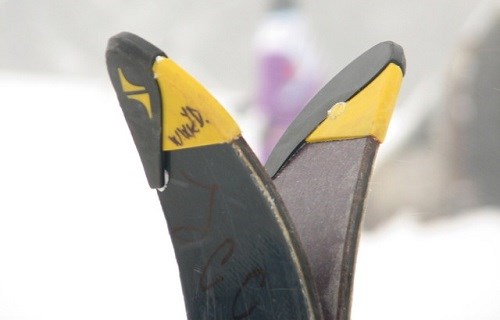“Meaningful improvement” in governance, second review of AIOWF concludes
The seven federations that form the Association of Olympic Winter Sports (AIOWF) have gone through a governance review this summer.
The review assesses the level of governance in the federations on five different parameters: Transparency, Integrity, Democracy, Development and Solidarity, and Control Mechanisms.
According to the review, winter sports governance is best when it comes to transparency and less so regarding control mechanisms such as the existence of an independent ethics committee, due diligence and risk assessment, and external financial audits.
While the review reveals that all winter sports federations have rules for electoral processes in place, only one executive board has a +25% female representation and less than half (three) have athlete representation. Only two of the included IFs have term limits in place.
The federations are measured on 50 indicators spread across the five parameters and each indicator gets a score between 0 ("not fulfilled") and 4 ("totally fulfilled"). The top scorer in the review is the International Skiing Federation (FIS) with 150 points of a maximum of 200, while the lowest scoring federation reached 89 points.
The review finds that there is some "correlation between IFs having more resources and higher scores in the questionnaire", but smaller federations (< 20 staff members) also performed well.
From ‘noticeable gaps’ to ‘meaningful improvement’
Between a similar review done in 2017 and this year’s review, the mean score has risen from 93 to 109 with variation in change ranging from a 3-point decline to a 37-point increase.
This year’s edition label the rise of the mean score in the 2018 edition "a meaningful improvement in IF governance" after the first review found "noticeable gaps" in some of the federations’ governance practices causing "concern and need to be addressed".
Improving governance in the winter IFs is a work-in-progress, said Gian Franco Kasper, AIOWF and FIS President in a FIS press release, speaking on behalf of the AIOWF.
"Our federations have embraced the governance review process and appreciate the valuable exchange of good practices. Even though we are seven autonomous organisations, the sharing of governance practices benefits the Sports Movement as a whole," Kasper said.
"The governance work is a key element of our role as International Federations that we will continue to evolve on an on-going basis."
A moderated self-evaluation
The review is based on the evaluation system that the Olympic summer sports’ umbrella organisation ASOIF has also been using for the past two years.
The content of the report has been compiled through a questionnaire answered by the federations themselves. The score of the federations is then moderated by independent consultancy firm, iTrust Sport, for accuracy. In general, the federations’ own score is a bit higher than the moderated.
As in the ASOIF review done in 2017 and 2018, the review does not reveal the scores or performance of the individual federations, but in its press release, FIS reveals that it scored 150 points.
Further reading
Download the full 2018 review:
Second Review of Governance of AIOWF IF Members (pdf)
Press release from FIS:
FIS Governance Survey and AIOWF Report 2018 published
Download the 2017 review:
Review of Governance of AIOWF IF Members (pdf)
More about the ASOIF reviews:






